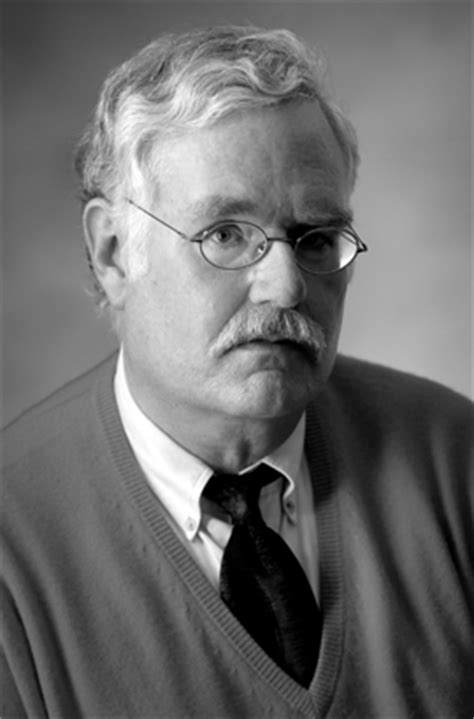A Quote by Frank Tipler
What you can show using physics, forces this universe to continue to exist. As long as you're using general relativity and quantum mechanics you are forced to conclude that God exists.
Related Quotes
In quantum mechanics there is A causing B. The equations do not stand outside that usual paradigm of physics. The real issue is that the kinds of things you predict in quantum mechanics are different from the kinds of things you predict using general relativity. Quantum mechanics, that big, new, spectacular remarkable idea is that you only predict probabilities, the likelihood of one outcome or another. That's the new idea.
String theory is the most developed theory with the capacity to unite general relativity and quantum mechanics in a consistent manner. I do believe the universe is consistent, and therefore I do believe that general relativity and quantum mechanics should be put together in a manner that makes sense.
One of the most exciting things about dark energy is that it seems to live at the very nexus of two of our most successful theories of physics: quantum mechanics, which explains the physics of the small, and Einstein's Theory of General Relativity, which explains the physics of the large, including gravity.
General relativity is in the old Newtonian framework where you predict what will happen, not the probability of what will happen. And putting together the probabilities of quantum mechanics with the certainty of general relativity, that's been the big challenge and that's why we have been excited about string theory, as it's one of the only approaches that can put it together.
A. Douglas Stone, a physicist who has spent his life using quantum mechanics to explore striking new phenomena, has turned his considerable writing skills to thinking about Einstein and the quantum. What he finds and makes broadly understandable are the riches of Einstein's thinking not about relativity, not about his arguments with Bohr, but about Einstein's deep insights into the quantum world, insights that Stone shows speak to us now with all the vividness and depth they had a century ago. This is a fascinating book, lively, engaging, and strong in physical intuition.
By far the most important consequence of the conceptual revolution brought about in physics by relativity and quantum theory lies not in such details as that meter sticks shorten when they move or that simultaneous position and momentum have no meaning, but in the insight that we had not been using our minds properly and that it is important to find out how to do so.






























